How Afrofuturism is Shaping Ghana's Creative Industry: A Revolutionary Trend to Watch
Afrofuturism, an artistic and cultural movement that blends African heritage with futuristic visions, is emerging as one of the most influential trends in Ghana's creative industry. This vibrant movement is redefining how African culture is expressed in music, fashion, and visual arts, drawing attention to the continent's rich heritage while embracing technology and speculative futures. As it gains popularity, Afrofuturism is becoming a force of change in Ghana's cultural landscape, inspiring both local creators and global audiences.
In recent years, Ghana has become a hub for innovative artistic expression, with artists pushing boundaries and challenging conventions. At the heart of this creative revolution is Afrofuturism, which integrates traditional African motifs with a futuristic aesthetic. This dynamic movement is not only reshaping how African art is perceived but also positioning Ghana as a leading force in the global art scene.
What Is Afrofuturism?
Afrofuturism is a term that was first coined by Mark Dery in the 1990s to describe a cultural movement that combines African heritage, science fiction, technology, and futuristic imaginations. The essence of Afrofuturism is rooted in the reclamation of African identity, often through an exploration of what the future would look like for people of African descent. It’s an artistic expression that fuses elements of science fiction, fantasy, and African culture to envision a world where African people, ideas, and traditions dominate the future, free from the constraints of colonial history.
The movement touches on several artistic forms, including visual arts, music, literature, and film. Iconic figures such as Sun Ra, George Clinton, and Janelle Monáe have all contributed to the Afrofuturist movement with their work, offering visions of alternative futures where African culture is celebrated. However, it is in the contemporary scene of Ghana’s creative industry that the movement has found a particularly significant and vibrant expression.
Afrofuturism's Growing Influence in Ghana
In Ghana, Afrofuturism has emerged as a compelling genre that resonates deeply with the country’s history, culture, and future aspirations. Many local artists, musicians, and designers are embracing the genre's potential to blend modernity with tradition, using it to craft unique narratives about Ghanaian identity in a globalized world.
1. Visual Art and Afrofuturism: A Fusion of Tradition and Technology
Ghanaian visual artists have embraced Afrofuturism as a means of expressing both their cultural roots and futuristic aspirations. Artists are combining elements like traditional Ghanaian symbols, textiles, and materials with digital technology and futuristic concepts. These works challenge conventional representations of Africa and explore the possibilities of what it could look like in the future.
Artists like Ibrahim Mahama, who is known for his large-scale installations using textiles, are taking inspiration from Afrofuturism to create thought-provoking pieces that delve into themes of migration, labor, and societal transformation. Mahama's work, which often incorporates the rich cultural history of the Akan people, captures the essence of Afrofuturism by looking at Africa’s role in a connected, technologically advanced world.
2. Music: The Afrofuturist Sound Revolution
In the realm of music, Afrofuturism has also taken root. Ghanaian musicians are using the genre as a way to experiment with new sounds while drawing from the country’s rich musical traditions. Afrofuturism in music allows artists to reflect on the experiences of African people, blending traditional rhythms with futuristic sounds and themes.
Artists such as M.anifest, a prominent Ghanaian rapper, have started incorporating Afrofuturistic themes in their lyrics and music videos. His use of technology, modern soundscapes, and African storytelling techniques create a fresh perspective on the evolving nature of African identity. In his music, he explores topics of social change, technology, and the future of African societies.
Additionally, rising star Amaarae has also embraced Afrofuturism, incorporating futuristic imagery, themes of empowerment, and progressive ideas in her music and visuals. She is reshaping the narrative around African women by exploring sensuality, power, and autonomy in a futuristic setting. Her work encourages a new kind of representation that resonates with young audiences globally.
3. Fashion: Redefining African Identity with a Futuristic Twist
The fashion industry in Ghana has also caught the Afrofuturism wave, with designers using the genre’s principles to create clothing that represents the future while celebrating African culture. Ghanaian designers are infusing traditional fabrics like kente and batik with modern cuts and futuristic details, challenging the global fashion narrative and presenting African fashion in an entirely new light.
Designers like Mawuena Kinamou have started showcasing collections that blend African heritage with futuristic elements. Through her work, she explores how African fashion can move away from being viewed only through a historical lens and instead be reimagined for the future. These designs incorporate futuristic aesthetics such as metallics, geometric patterns, and bold statements, celebrating the diversity of African culture.
Afrofuturism in fashion is also about breaking free from colonial imprints that often place African art and culture in the past. It is an expression of hope, resilience, and empowerment that looks toward a bright future while honoring the traditions of the past.
The Global Impact of Ghana’s Afrofuturist Movement
Afrofuturism has become a global movement that resonates not only within Africa but also with African diasporas worldwide. Ghana, as a major cultural epicenter, has positioned itself as a central player in this transformation. The influence of Afrofuturism from Ghana is extending beyond the country’s borders, with artists and creatives from other parts of the continent and the diaspora looking to Ghana for inspiration.
The rise of Afrofuturism has also contributed to Ghana's growing position as a cultural powerhouse. The country is increasingly recognized as a center for innovation in the arts, where new ideas are born and where the past is reimagined through the lens of technology, art, and culture.
Afrofuturism and the Future of Ghana's Creative Industry
As Afrofuturism continues to gain momentum in Ghana, it is clear that the movement is reshaping the future of the country’s creative industry. Artists are no longer confined to traditional forms of expression but are instead embracing new technologies, ideas, and global trends. The growth of this movement is fostering a cultural renaissance that encourages young creatives to explore their identities and heritage while pushing the boundaries of what is possible.
The rising popularity of Afrofuturism in Ghana is not just a trend but a cultural revolution. It speaks to a broader desire to reclaim African narratives, elevate the voices of underrepresented communities, and reimagine Africa's role in the global future. As Ghana’s creative industry continues to evolve, Afrofuturism will undoubtedly play a significant role in shaping the next wave of African art, music, fashion, and innovation.
For anyone interested in witnessing the evolution of African creativity, Ghana is the place to be. The fusion of tradition, technology, and imagination is setting the stage for an exciting new era in global culture, and Afrofuturism is leading the way.


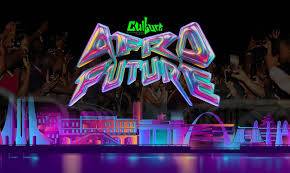



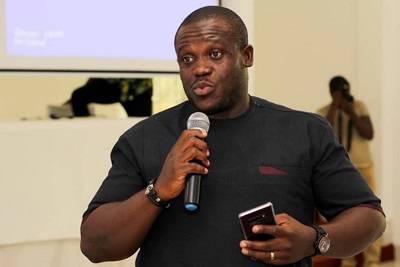






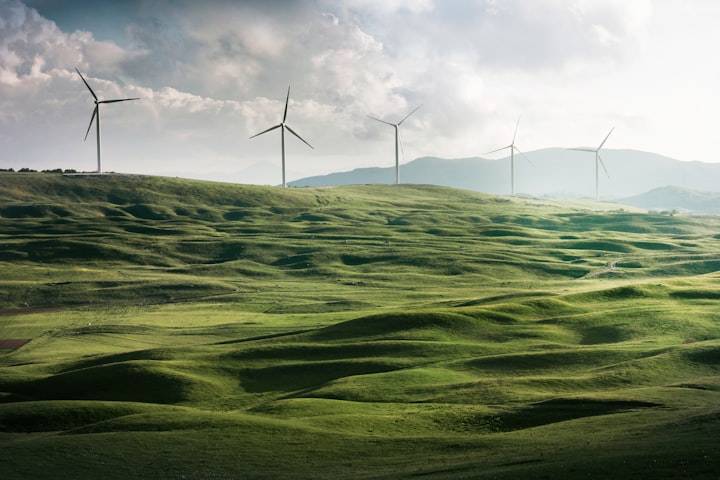



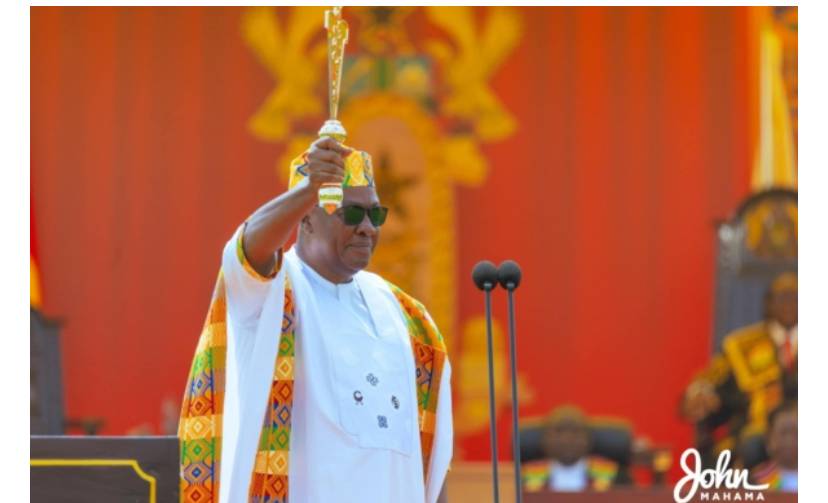

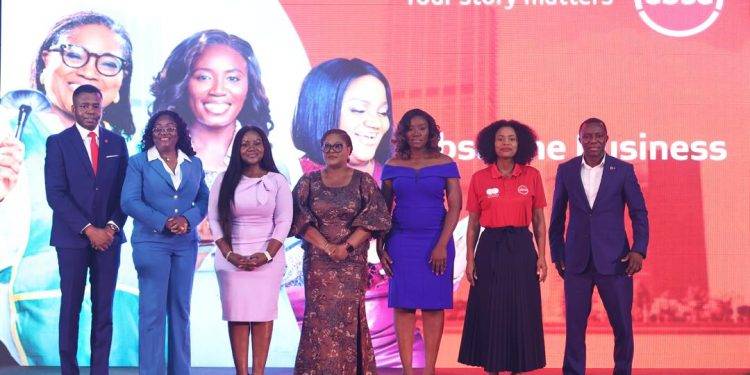





Total Comments: 0